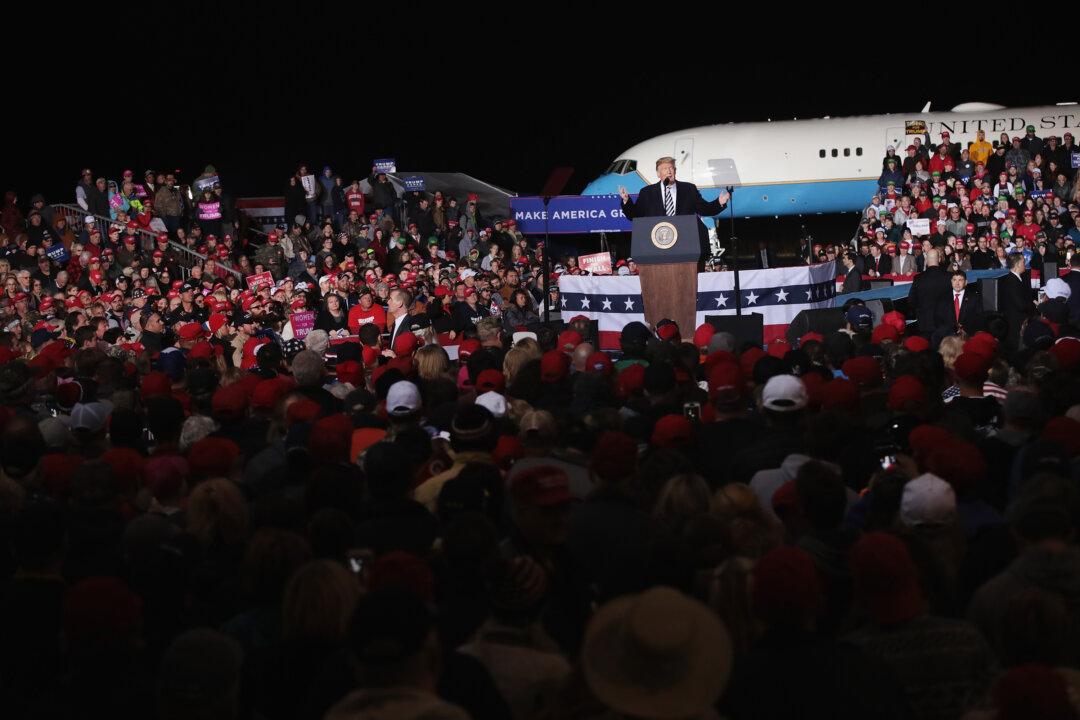News Analysis
The headline of an Associated Press article published on Oct. 30 reads like an opinion piece from The Washington Post or The New York Times.

The headline of an Associated Press article published on Oct. 30 reads like an opinion piece from The Washington Post or The New York Times.